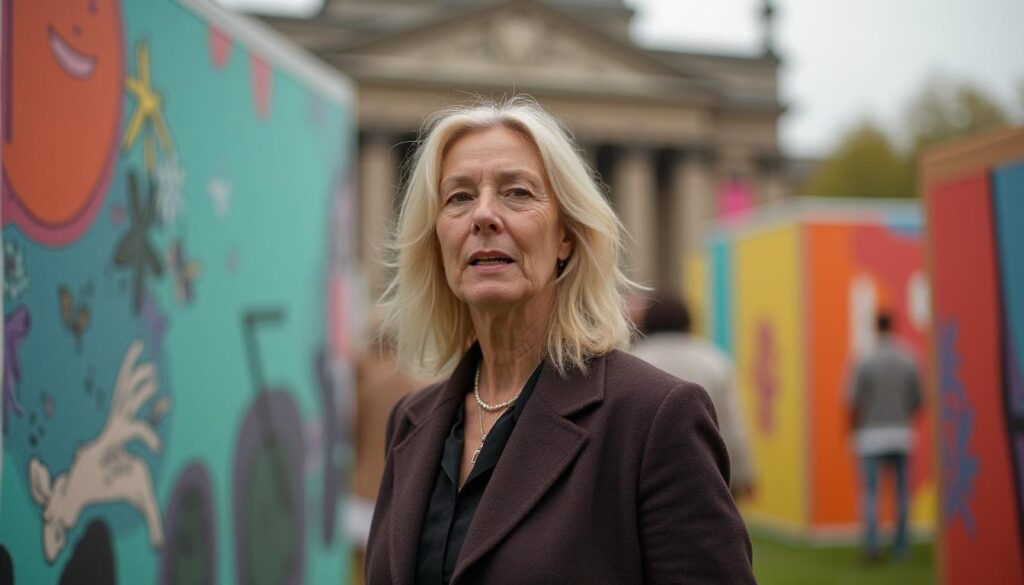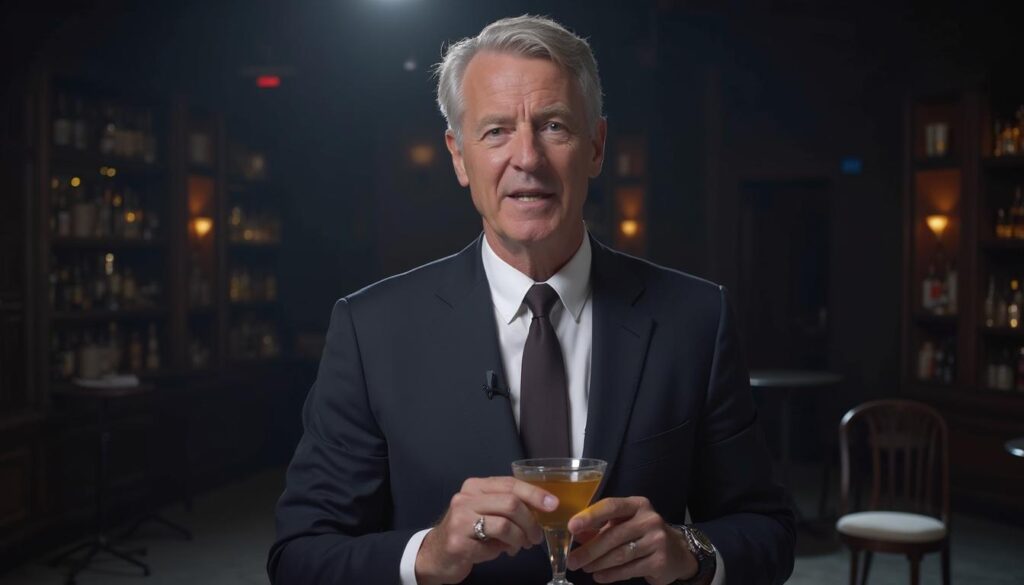On the chilly morning of October 23, 2019, a grim discovery unfolded at an industrial estate in Purfleet, Essex. Emergency services responded to reports of a refrigerated lorry trailer containing what was initially believed to be a cargo of perishable goods. Instead, they uncovered a heartbreaking scene: the lifeless bodies of 39 Vietnamese nationals, men, women, and children, who had suffocated in the sealed container during a perilous journey from Belgium to the United Kingdom. This harrowing event, now etched in the annals of British criminal history as the “Essex Lorry Deaths,” exposed the ruthless underbelly of international human smuggling networks and ignited a multi-jurisdictional investigation led by Essex Police.

The probe, codenamed Operation Imperial, would span continents, unravel a sophisticated Irish-Romanian organised crime syndicate, and culminate in a series of convictions that underscored the perils of people trafficking. Among the most recent milestones is the sentencing of Caolon Gormley, a 26-year-old haulage boss from Armagh, Northern Ireland, to seven years’ imprisonment on November 30, 2023, for his pivotal role in the conspiracy. This development, secured through meticulous detective work by Essex Police and prosecuted by the Crown Prosecution Service (CPS), represents not only justice for the victims but also a stern warning to those who profit from human desperation.
This article examines the intricacies of the investigation, the cross-border dimensions that complicated the case, the key figures involved, and the broader implications for combating modern slavery in the UK. Drawing on official statements from Essex Police, court records, and expert analyses, it highlights how persistence and international cooperation dismantled a lucrative criminal enterprise.
The Discovery and Immediate Aftermath
The lorry, a Scania trailer registered in Bulgaria, had arrived at the Waterglade Industrial Park via the nearby Purfleet ferry terminal around 1:00 a.m. Its driver, a 25-year-old Romanian man named Maurice Robinson, raised the alarm upon opening the rear doors, only to be confronted by the horrific sight inside. Forensic examinations later revealed that the victims—aged between 15 and 44, including 31 men, seven women, and one 15-year-old boy—had perished from a combination of hypoxia (oxygen deprivation) and hypercapnia (carbon dioxide poisoning) due to the container’s inadequate ventilation. Temperatures inside had soared to lethal levels, exacerbated by the overcrowding of twice the intended capacity.
In the hours that followed, Essex Police launched an immediate response, establishing a cordon around the site and deploying specialist teams from the Major Crime Directorate. Detective Chief Superintendent Rob Kirby, who led the initial phase, described the scene as “one of the most shocking and distressing any of us have encountered.” Families of the deceased, scattered across Vietnam and Europe, were notified through liaison officers from the British Embassy in Hanoi. Post-mortem examinations, conducted under the oversight of Home Office pathologists, confirmed the cause of death and ruled out any suspicion of foul play beyond the smuggling operation itself.
Public outrage was swift and palpable. Prime Minister Boris Johnson, then in office, vowed a “full and thorough investigation,” while anti-trafficking charities like the Helen Bamber Foundation decried the incident as a “preventable atrocity born of systemic failures in border controls.” The media frenzy that ensued painted a vivid picture of the human cost: poignant tributes from grieving relatives who had scraped together thousands of pounds for what was promised as a “safe passage” to a better life.
Unravelling the Smuggling Network: A Cross-Border Web of Deceit
What began as a murder inquiry quickly evolved into one of the most complex cross-border investigations in recent UK history. Essex Police’s Operation Imperial drew on resources from the National Crime Agency (NCA), Europol, and counterparts in Belgium, France, Romania, and Ireland. The syndicate responsible operated like a multinational corporation, with divisions handling recruitment, transportation, logistics, and distribution.
At its core was a Romanian-Irish axis. Recruits in Vietnam were lured via social media and word-of-mouth networks in Hanoi and Ho Chi Minh City, paying between £10,000 and £30,000 per person for smuggling services. These “VIP journeys,” as they were euphemistically marketed, promised escorted crossings without the risks of self-stowing in vehicles. Migrants were first transported to northern France or Belgium, hidden in safe houses, before being loaded into refrigerated units for the Channel crossing.
Key to the operation’s efficiency was Ronan Hughes, a 41-year-old haulier from County Monaghan, Ireland. Operating under the guise of legitimate freight—hauling waffles, soft drinks, and wine from European warehouses—Hughes orchestrated the illicit consignments. His fleet of lorries shuttled not only contraband like cigarettes and alcohol but also human cargo. Hughes pleaded guilty to 39 counts of manslaughter and one count of conspiracy to assist unlawful immigration in 2020, receiving a 20-year sentence at the Old Bailey. His accomplice, Gheorghe Nica, a 43-year-old Romanian lorry driver from Basildon, Essex, was convicted of the same charges following a trial and sentenced to 27 years—the longest term in the case.

Supporting players included drivers like Maurice Robinson, who collected the migrants in Zeebrugge, Belgium, and drove them to Purfleet. Robinson, initially charged with 39 counts of manslaughter, cooperated with authorities and received a reduced sentence of 13 years and four months. Another driver, Christopher Kennedy, 24, from County Armagh, was involved in prior runs and sentenced to seven years for conspiracy to assist unlawful immigration. Valentin Calota, a Romanian pick-up driver who ferried migrants from drop-off points in Essex to London safe houses, drew four and a half years.
The network’s financial sophistication was staggering. Essex Police’s financial investigators traced over £1.5 million in illicit gains, laundered through Irish banks and Romanian accounts. Encrypted communications via apps like WhatsApp and EncroChat revealed coded exchanges: “20 boxes of fruit” meant 20 migrants, while “full load” signalled overcrowding for maximum profit. Europol’s analysis of seized phones uncovered a trail from Vietnamese recruitment agents to Belgian loading sites, implicating over a dozen operatives.
The Seven-Year Sentence: Justice for Caolon Gormley
Fast-forward to November 2023, and the probe yielded another conviction, cementing Essex Police’s resolve. Caolon Gormley, a 26-year-old from Armagh, Northern Ireland, was found guilty at the Old Bailey of conspiracy to assist unlawful immigration. Gormley, who ran a small haulage firm, had been recruited by the Hughes-Nica duo for “special runs” across the Irish Sea and into Essex. His role involved transporting migrants from Northern Ireland drop-offs to mainland UK hubs, netting him an estimated £100,000 over two years.
Prosecutors presented damning evidence: dashcam footage from his lorry capturing hidden compartments, bank statements showing unexplained deposits, and witness testimonies from cooperating smugglers. Gormley maintained he was merely a “low-level driver,” but the jury rejected this, highlighting his active recruitment of additional vehicles. On November 30, 2023, Judge Mark Lucraft KC sentenced him to seven years, stating, “Your actions contributed directly to the dehumanisation of vulnerable people, and while not present on that fatal night, your greed fuelled the machine that led to unimaginable suffering.”
Detective Chief Inspector Louise Metcalfe of Essex Police hailed the verdict as “a vital step in dismantling the remnants of this network.” Gormley’s sentence mirrors that of Kennedy, underscoring the judiciary’s consistency in penalising mid-tier enablers. Confiscation proceedings followed, with Gormley ordered to repay £65,157 under the Proceeds of Crime Act, funds earmarked for victim support.
This conviction was no isolated triumph. In September 2023, another associate, a Romanian facilitator, faced similar charges, with Essex Police vowing further arrests. The probe’s longevity—over four years—demonstrates the challenges of extraditions (Hughes was extradited from Ireland) and linguistic barriers, overcome through interpreters and AI-assisted translations.

Victim Profiles: Stories of Hope Dashed
Behind the statistics lie individual tragedies. Among the 39 were siblings like Ha Thi Thanh Nhàn, 26, and her brother Ho Van Ham, 28, who had sold family land to fund their escape from rural poverty. Fifteen-year-old Nguyen Khoi Phong dreamed of studying engineering in the UK, his messages home filled with optimism. Forensic anthropologists worked tirelessly to identify remains, using dental records and DNA matches facilitated by Vietnamese authorities. By 2020, all victims were repatriated for burial, with memorial plaques erected in Purfleet.
Survivor accounts from earlier consignments painted a dire picture: migrants crammed into darkness for up to 18 hours, subsisting on bottled water and biscuits, unaware of the container’s sealed fate. One anonymous survivor told BBC investigators, “They said it was air-conditioned, like a coach. Instead, it was a tomb.” These narratives humanised the case, shifting public discourse from border security to empathy for economic migrants fleeing debt bondage in Vietnam.
Essex Police’s Investigative Mastery
Essex Police’s handling of Operation Imperial exemplifies modern policing. The force deployed 150 officers at peak, utilising advanced forensics like 3D modelling of the trailer to simulate oxygen depletion. Digital experts cracked encrypted devices, revealing a “command centre” in Romania. International liaisons were crucial: Belgian federal police raided Zeebrugge ports, seizing two similar lorries, while Ireland’s Garda Síochána provided surveillance on Hughes’ operations.
Challenges abounded. Jurisdictional overlaps delayed arrests, and the COVID-19 pandemic hampered in-person interviews. Yet, innovations like virtual reality reconstructions aided jury comprehension at trial. Chief Constable Ben-Julian Harrington praised the team’s “unwavering commitment,” noting it as a model for the NCA’s Border Command.
Comparatively, this probe rivals the 1995 Rettendon murders—another Essex triple killing tied to drug gangs—but surpasses it in scope, involving 39 victims and five nations. Unlike the informant-driven Essex Boys convictions, Operation Imperial relied on hard forensics and financial trails.
Broader Implications: Tackling Human Trafficking
The Essex case illuminates systemic vulnerabilities. UK Border Force data shows a 30% rise in small boat crossings post-Brexit, but lorry smuggling persists, with Vietnamese nationals comprising 20% of detections in 2023. The Nationality and Borders Act 2022, enacted partly in response, imposes harsher penalties—up to life for manslaughter via trafficking—but critics argue it neglects root causes like Vietnam’s £4 billion annual remittance dependency.

Globally, the International Organization for Migration estimates 25 million trafficking victims worldwide, generating $150 billion annually. Essex Police’s success has inspired Operation Soteria, a nationwide initiative targeting violence against women and girls in smuggling contexts. Collaborations with NGOs like Anti-Slavery International now include victim repatriation funds, with £500,000 allocated from seized assets.
Experts like Professor Alexis Aronowitz of University College London warn of evolving threats: drone-assisted drops and cryptocurrency payments. Yet, the seven-year sentence for Gormley signals deterrence. As Metcalfe stated, “Every conviction chips away at the syndicates’ confidence.”
Looking Ahead: Legacy and Lessons
Four years on, the echoes of October 23, 2019, resonate in Essex’s quiet industrial parks and beyond. Families in Vietnam receive modest compensation—£30,000 per victim from a hardship fund—but closure remains elusive. Essex Police continues low-profile strands of the investigation, pursuing untried accomplices in Asia.
This saga reaffirms the force’s role as a bulwark against transnational crime. For the victims, justice arrives late, but the seven-year term for Gormley ensures their stories endure as catalysts for change. In a world of porous borders and desperate migrations, such probes remind us that humanity must prevail over profit.
As the gavel fell in the Old Bailey, it marked not an end, but a chapter in an ongoing battle. Essex Police’s determination ensures that the 39 voices from that trailer will not be silenced.